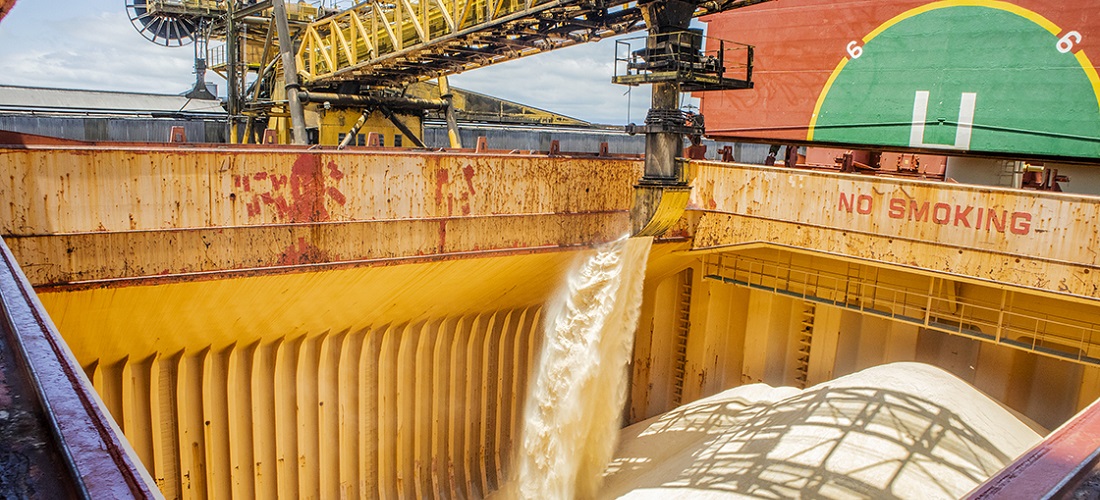
Vessels carrying Brazilian sugar head to Russia, which deals with empty shelves
Mar, 17, 2022 Posted by Gabriel MalheirosWeek 202211
At least five ships head to Russia with nearly 200,000 tonnes of raw Brazilian sugar sold by European traders, which is roughly double of Russia’s annual purchases of the product, according to shipping data consulted by Reuters.
Sanctions imposed on Russia after its invasion of Ukraine have increased the demand for sugar and other staple products while supermarket shelves are being emptied due to food stockpiling.
However, sanctions can also make it more difficult for carriers to get paid for their services.
The volume of sugar shipped is unusually high, noting that Russia tends to import around 100,000 tonnes of sugar a year. Russia is not a notable importer or exporter of sugar, but Russians have started hoarding the sweetener.
While sugar sales are not sanctioned, financial transactions are. In addition, analysts point out that security issues in the Black Sea could hamper the operation of vessels there.
Shipments to Russia and Georgia were loaded onto ships departing Brazil, the world’s largest sugar exporter, with three European food traders and a Brazilian company behind the business: Sucden, Louis Dreyfus Co, and Tereos in Europe, in addition to and Raízen in Brazil.
See below the five most exported products from Brazil to Russia in the period between January 2019 to January 2022. The data are from DataLiner.
Five most exported products to Russia | Jan 2019 – Jan 2022 | TEU
Source: DataLiner (click here to request a demo)
Source: Money Times
To read the full original article, please go to: https://www.moneytimes.com.br/navios-com-acucar-do-brasil-seguem-para-russia-que-lida-com-prateleiras-vazias/
-
Meat
Jul, 23, 2020
0
Egypt approves import of Brazilian thermo-processed poultry
-
Sugar and Ethanol
Jul, 23, 2019
0
BP and Bunge create bioenergy joint venture
-
Sep, 05, 2023
0
Antaq green lights next step for ITG 02 lease at the Port of Itaguaí
-
Ports and Terminals
Jul, 19, 2021
0
Port of Santa Catarina has 39 thousand tons of fertilizers prevented from being unloaded

